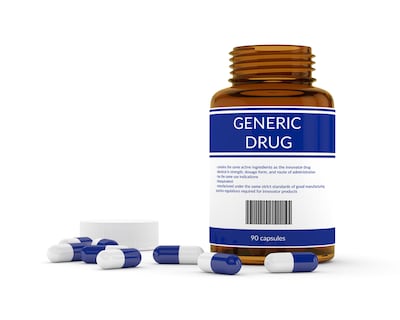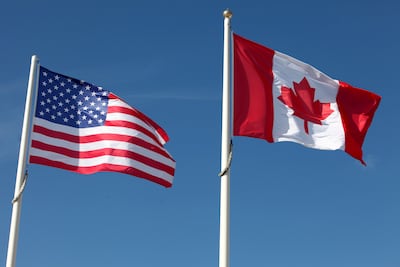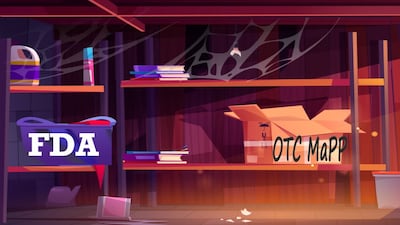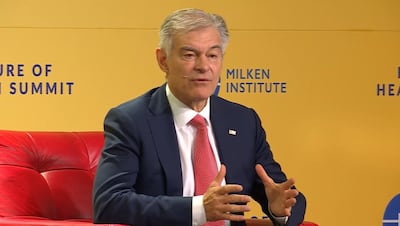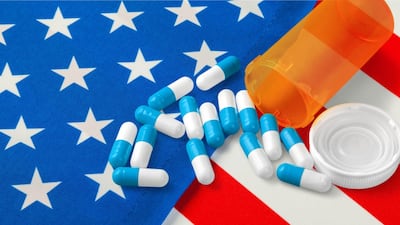Generics
The FDA proposed allowing sponsors that use domestic API suppliers and finished dosage form manufacturing and conduct BE testing in the US to receive a shorter ANDA review.
The FDA wants to waive facility fees for three years if a sponsor breaks ground on a US-based manufacturing plant, but industry is concerned the idea will force other sponsors to subsidize competition.
FDA officials want to charge the generic drug program fee per ANDA owned going forward, rather than the current practice of separating firms into different fee-paying tiers based on the number of ANDAs owned.
The latest step in the long-running saga of Hikma and Amarin’s induced infringement dispute over Vascepa is a US Supreme Court review of the litigation, which could result in changes to generic drug skinny-label policy.
Regulators in the US and Canada are working together to streamline approval timelines for generic drugs through a voluntary information sharing program.
“Section viii cannot function as Congress intended,” if a Federal Circuit Court ruling stands, the US solicitor general argued in urging the Supreme Court to review and reverse the closely-watched Hikma Vascepa skinny-label case.
The CDER Office of Generic Drugs published a MaPP for prescription-to-nonprescription switches to explain the regulatory responsibilities of generic sponsors.
The FDA told the Pink Sheet an ANDA managed to be submitted during a period when no new ANDAs could be accepted.
ANDA sponsors received 20 days to pay fees associated with applications submitted during the government shutdown, while NDA and BLA sponsors only received five days.
The FDA proposed changes to the formal meeting system for sponsors in the next generic drug user fee program cycle, in part to speed timelines.
A Senate hearing on the medical product supply chain suggests there is bipartisan support for ‘buy American’ policies for federal Rx purchases, and for country-of-origin labeling to help those policies expand to the private sector.
New FDA data shows a potentially concerning drop in ANDA submissions, while the first-cycle approval rate increased.
Association for Accessible Medicines CEO John Murphy told the Pink Sheet that the FDA may need to consider phasing in the requirements for the new ANDA priority voucher incentive program if it wants sponsors to apply in the near-term.
The Trump Administration’s efforts to encourage more US-based pharmaceutical manufacturing have largely centered on FDA plans and Trump’s threats of tariffs and Most Favored Nation pricing, but Oz hinted Medicare and Medicaid soon may soon announce new incentives.
The introductory meeting did not suggest changes to the expected schedule and operations for renewing the generic drug user fee, said AAM’s Giuseppe Randazzo.
The latest incentive for firms to move manufacturing to the US is an FDA pilot program that will prioritize the review of US-manufactured and tested ANDA products.
An FDA approval of Evita Solutions' generic mifepristone 200mg tablets has reignited debate about the abortion pill, which Health and Human Services Secretary Robert F. Kennedy Jr. has indicated will be subject to a safety review.
The Trump Administration's autism campaign convinced GSK to submit an sNDA for its no-longer-marketed leucovorin as a treatment for a rare folate deficiency condition with promises to ensure insurance coverage for autism.
Switzerland’s health care products agency said it had cut the time it takes to review marketing applications for certain drugs submitted via its regulatory reliance procedure because it wants to further enhance the appeal of the pathway.
The fall start of PDUFA and GDUFA negotiations could impact the agreement review process and other parts of the schedule intended to ensure it reaches Congress on time.



